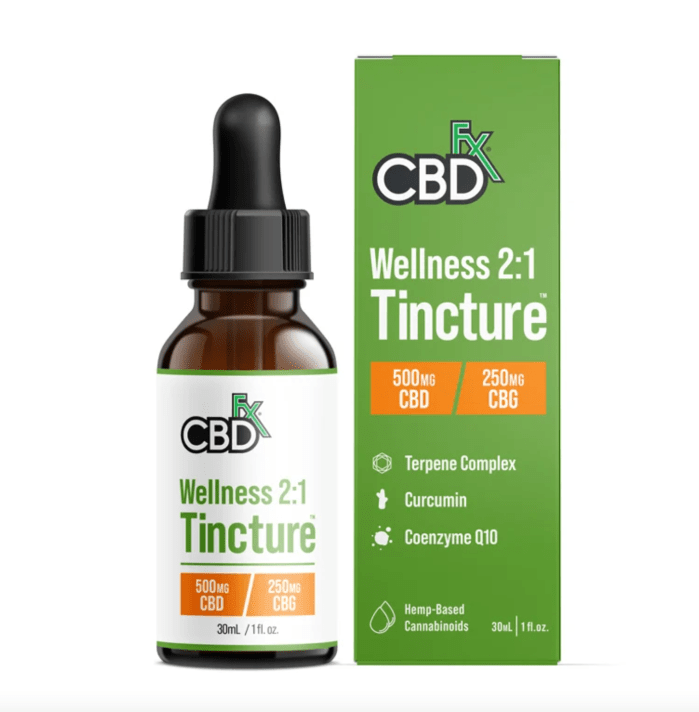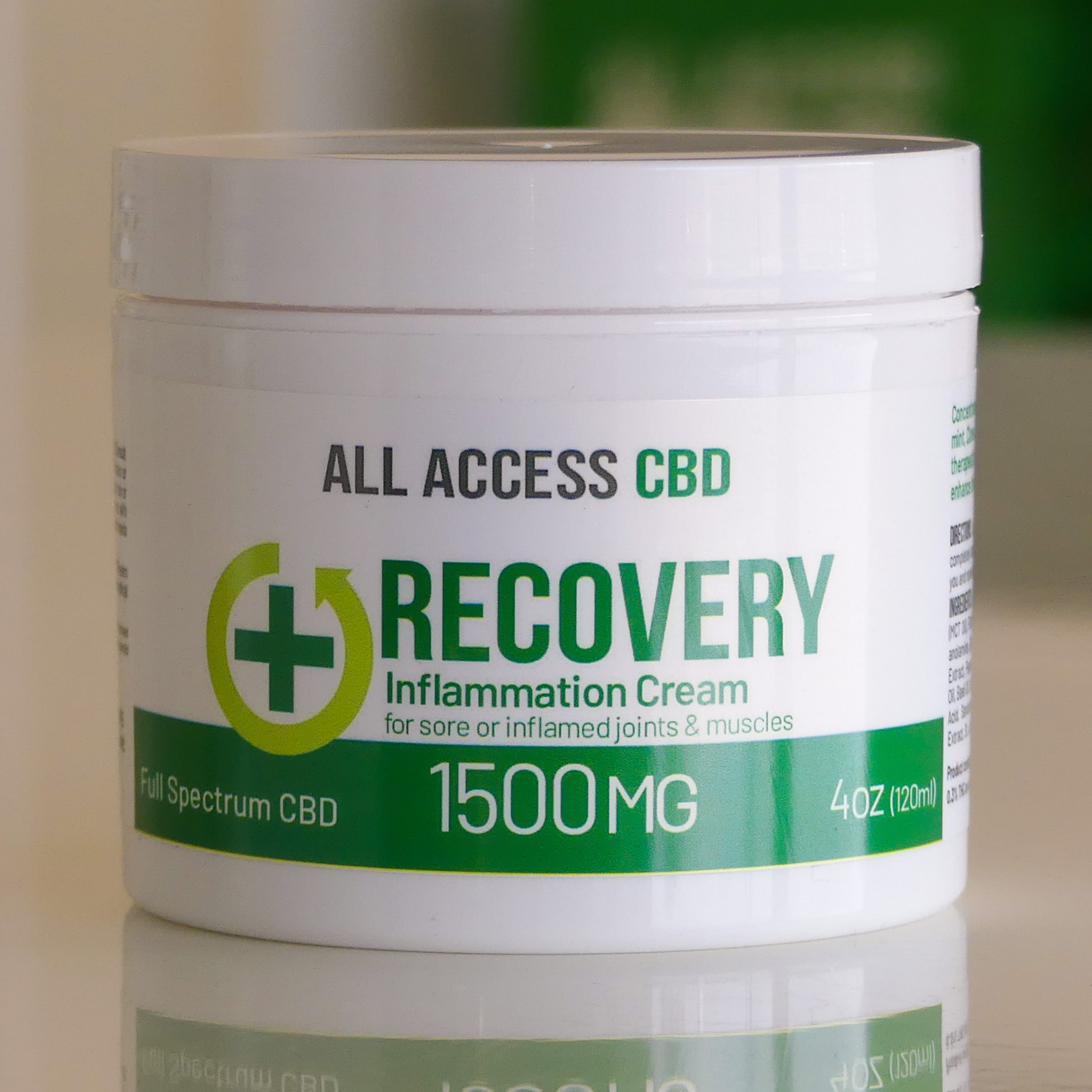
The legal status of CBD products was clarified in the recently passed Farm Bill. Federal law now allows CBD oil tinctures made from hemp. CBD products that are produced under state-legal pot programs remain illegal. Companies are still exploring new business opportunities following the passage of the Farm Bill.
CBD oil tinctures containing hemp are legalized under the 2018 Farm Bill
Hemp-based CBD tinctures have become legal in the United States. However there are conditions that must be met to allow these products to be sold legally. Before selling hemp-based CBD oil tinctures, companies must follow FDA guidelines for marketing, including using websites, social media, brochures, informational materials, and other types of marketing. Many hemp products are imported from overseas because states often prohibit commercial hemp cultivation. The 2018 Farm Bill, however, has made legal hemp products in America a reality.
According to the new Farm Bill, hemp is cannabis sativa L. that contains no more than 0.3% THC per weight. Cannabidiol is a form CBD, which is a concentrated liquid extracted from hemp plants. It is now legal in several states. This oil has gained popularity as a wellness product.

Federal law still criminalizes CBD products made in state-legal pot programs.
Although CBD products made in state-legal marijuana programs are now widely available, they still fall under federal law. The federal ban on marijuana prohibits the interstate commerce of marijuana. However, state laws might differ from other states and the Farm Bill is expected increase the availability legal CBD products.
The FDA has sent warning letters out to companies that sell illegal CBD products and is now examining the companies that offer them. CBD products that claim to treat, prevent or cure serious conditions are against federal law. For enforcement actions, the FDA may consult federal and state partners.
Although the FDA acknowledges the potential medical benefits of cannabis, it is still illegal for anyone to use or sell marijuana-derived products. This has created a major public health concern because these products are not approved by the FDA. These products could influence patients' decisions to choose approved treatments over these products.
CBD isn't allowed in dietary supplement
CBD cannot be added to food, or used as an dietary supplement. Because the compound has been subject to substantial clinical trials, it is a drug. This is known by IND preclusion. The provision prohibits the usage of dietary supplements containing a substance from being used after it has been through significant clinical trials. The policy can be modified at any time.

The 2018 Farm Bill rescinded Schedule I from hemp-derived CBD, and it will not be subject to regulation at the Drug Enforcement Agency. But, the Farm Bill did nothing to change the status and jurisdiction of federal agencies who have jurisdiction over CBD. So, the FDA still has jurisdiction over CBD-related products and dietary ingredients. The Farm Bill did not change FDA's position about CBD.
FAQ
How much CBD do I need?
The type of product that you're buying determines how do you decide to do it.
CBD oils can be purchased in strengths of 100mg up to 1,000mg per bottle.
Some CBD products are made with precise dosages.
Charlotte's Web, for example, makes CBD products that contain precise amounts of CBD.
If you're unsure about CBD's effectiveness for you, you can try a lower dose.
You can always move up later.
What are the most popular CBD brands?
These are the top five CBD brands that we have handpicked based upon quality, reliability, as well as value.
They provide high-quality CBD oils that have less than 0.2% THC.
Our list of top CBD vendors worldwide is also recommended.
Which CBD products are most popular?
CBD products are all over the place these days. People are buying them for everything from anxiety to pain relief. The market is growing rapidly and is very large.
But what do people buy CBD for? This is how it affects brand owners.
Statista reports that CBD products have relaxing properties. They are also being purchased for their anti-inflammatory properties.
This means that if your product has both CBD and THC, then it can be sold for both recreational and medicinal purposes.
But what about brands that only focus on one specific purpose? For example, if a company sells CBD for stress relief, then it won't have much competition.
Furthermore, a brand who focuses on CBD-based medical uses will be able to attract a lot of customers.
But, if a brand is looking to target recreational users they will need to develop a unique selling position (USP). A USP simply means a distinctive feature or benefit that differentiates a brand's competitors.
For instance, some brands offer free shipping and others offer discounts on bulk orders.
Which countries produce the highest quality CBD?
The United States produces the majority of CBD products.
But Canada, Australia, New Zealand, and Israel are also producing high-quality CBD products.
Is CBD a good investment?
As more people are aware of the many benefits of hemp-based products and their market, it continues to grow. The market for hemp-based products could reach $1 billion by 2022, according to estimates.
It is also expected that the market will continue to grow at an annual rate exceeding 20% through 2020 when it reaches $2.5 Billion.
Hemp oil can be found in many beauty and health products, including lotions, shampoos and lip balms, moisturizers and body butters.
There are also several companies producing CBD-infused beverages, snacks, pet foods, dog treats, and other food items.
CBD is currently legally available in all 50 States. However, this could change soon. CBD will become more widely used as a legal substance in the future. This will allow businesses to be more legally able to do business.
These factors make it clear that CBD investing can be a profitable venture.
Is the CBD industry growing?
Yes! As legalization spreads throughout North America, this growth is expected continue. Canada is the only country that has legalized recreational use of cannabis. Many states have also passed medical marijuana laws.
As more states adopt legislation that allows medicinal marijuana access, this trend is likely to continue at least for the next decade.
From an economic standpoint, legalizing marijuana is also sensible. Legalizing pot can provide many benefits, not only for farmers but also for the general public.
It could reduce crime rates, by decreasing illegal drug availability. It could also generate tax revenue for the government.
As legal marijuana is more popular, people may be less likely to smoke. This would mean fewer hangovers and lower health care costs.
In addition, marijuana might actually improve the quality of life for those who suffer from chronic pain. Many believe that THC, which is the active ingredient of marijuana, can help relieve muscle spasms and nausea from chemotherapy.
Perhaps marijuana can be used as a treatment for mental illnesses like anxiety and depression. Some studies show that marijuana can even be used to treat schizophrenia.
The future is bright for CBD, but there are still many challenges ahead.
Statistics
- however, one study also found that these effects were virtually abolished when the original media (a nutrient broth agar) was replaced with one containing 5% blood (increasing the minimum concentration to ~160 μM CBD) [179]. (ncbi.nlm.nih.gov)
- CBD seems unlikely to directly influence sleep in healthy humans [115] (and maybe “sleep-promoting” in those with certain comorbid conditions) (ncbi.nlm.nih.gov)
- While the primary injury may not be treatable, interventions that attenuate secondary sequelae are likely to be of benefit [203].Only one study (ncbi.nlm.nih.gov)
- OralWhere HED is the human equivalent dose, and Km is a correction factor estimated by dividing the average body mass (BM) of the species (60, 0.020, and 0.150 kg for 11 humans, mice, and rats, respectively) and by its surface area (see: Nair et al. (ncbi.nlm.nih.gov)
- A recent study [161] also found that in vitro CBD treatment (i.e., ≤ 2 h exposure to 10 μM) induced ~40% vasorelaxation in isolated (pre-constricted) (ncbi.nlm.nih.gov)
External Links
How To
How to become certified for selling CBD products
One of many cannabinoids found within cannabis plants is CBD (cannabidiol). It has been used medicinally since ancient times, including in traditional China, India, and many South American nations. Because it can treat conditions such as anxiety, pain, epilepsy and inflammation, CBD has seen a rise in popularity over the years. If you're looking to sell CBD products, however, there isn't an official certification program. At least not in the U.S.
There are two ways you can go about it. The first is to join a local association of canna-business owners. This will allow you to share your knowledge with others, as well as receive advice and support. There are many associations in the country. Another option is to go online. Many states allow canna businesses to operate online. If this is the case, then you can establish your own website immediately and start accepting orders. You must register with the Department of Public Health in your state. Once you've registered, you'll be able to apply for a license through your state's department of public health. Once you have received your license you are officially authorized to open your store, accept orders, and close it.